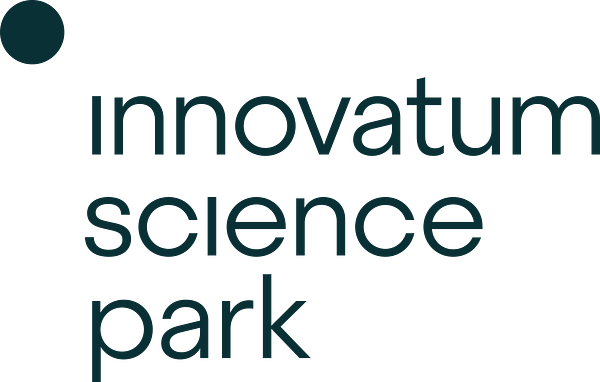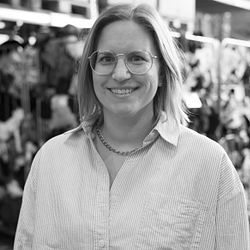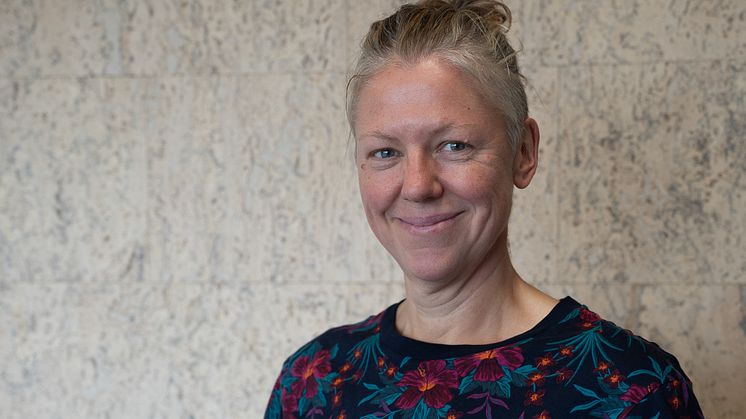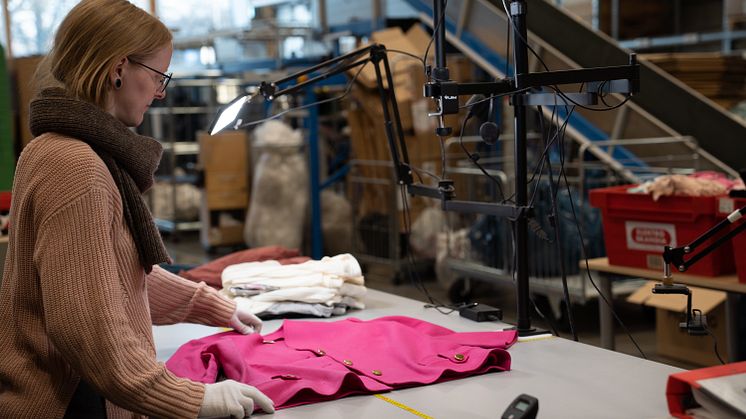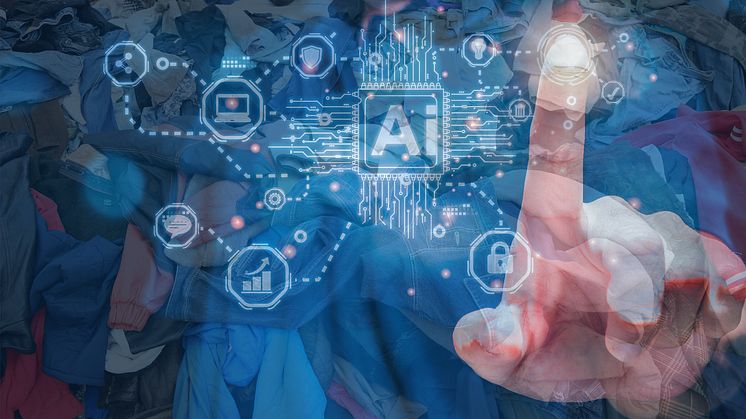
Pressmeddelande -
Groundbreaking AI Database Revolutionizes Second Hand Sorting
The second hand market is experiencing significant growth in Europe, but the capacity to collect and sort clothes is severely insufficient. At the same time, the European Commission has taken further steps towards a more sustainable and circular textile industry - in a legislative proposal, they suggest new rules that make producers responsible for the entire lifecycle of textile products, and therefore obliged to finance collection and sorting that enables reuse and recycling. Part of the solution is a groundbreaking open AI database for intelligent sorting and valuation of second hand items developed within the project AI for resource-efficient circular fashion. The project is a collaboration between Wargön Innovation and RISE Research Institutes of Sweden.
The sorting capacity in Europe is only sufficient to handle a quarter of what is collected today. The rest is either incinerated or ends up in landfills, even though as much as 50 to 75 percent of the collected textiles are potentially reusable. With the assistance of smart technology and automation, an efficient and cutting-edge multibillion-dollar industry within second hand is emerging.
Currently, numerous open databases exist for newly produced clothing. For example, Artificial Intelligence (AI) is used to improve online sales of newly manufactured garments. However, there has been no equivalent for second hand clothing - until now.
— This database is groundbreaking! It stands as the first of its kind, offering a comprehensive multi-attribute analysis of used clothes, including everything from material composition to signs of wear and tear. This is not just data; it is a catalyst for sustainable fashion! says Farrukh Nauman, AI Researcher at RISE.
For clothes to be sold second hand, manual sorting and valuation are required, which is physically demanding and expensive work. Additionally, it is challenging for a human to quickly assess each garment. With the help of AI and Machine Learning (ML), tens of thousands of different garments can be identified, and those evaluating the items receive a solid basis for deciding whether the items should be sold as second hand or not.
— The use of AI in second hand sorting represents a significant relief for sorting personnel. Both speed and accuracy in automation have the potential to far exceed what human handling can achieve. The hope is that the database can be used by the many actors who, in various ways, sell or rent out second hand clothes today, says Susanne Eriksson, Project Manager at Wargön Innovation and responsible for the project AI for resource-efficient circular fashion.
— By creating an open database, we aim to support the digital development in textile sorting and thereby encourage the use of data and the development of new digital solutions, she continues.
Thousands of Scanned Garments
In the project AI for resource-efficient circular fashion, thousands of images have been captured in specially designed photo stations located at Wargön Innovation, as well as at the sorting facilities of Björkåfrihet and Myrorna, two of Sweden’s largest second hand actors. The photo stations have meticulously scanned second hand clothing items to create a completely unique, open database. In practical terms, this means photographing garments and sorting information about their patterns, materials, brands, pilling, possible price, and fashion level within the database.
— With the help of AI, second hand retailers can now generate detailed descriptions of garments and receive recommendations on which sales platform or store is best suited to sell each unique item, Farrukh Nauman explains.
— This project is a first step in testing how the database and AI tool work. We have already identified several areas for further development and opportunities for future projects. Textile sorting industry is moving towards large-scale operations, where automation is required. The textile material's many different variables in properties make AI a very useful tool that can be adapted to the situation and needs. However, the database will not only be helpful for large-scale actors but also for smaller ones who can build algorithms based on their specific needs, Susanne Eriksson argues.
One of the companies participating in the project is the second hand store Inimini. Josefine Runquist, Founder of Inimini, is enthusiastic about the open database.
— It is truly exciting to see that second hand and AI are evolving, and this will be so beneficial for the future. If AI can help make second hand profitable, I see no problem for more companies to join this sustainable trend.
Miguel Sanchis Sebastia, CEO of ShareText, also holds a positive view regarding the application of AI in sorting and valuing of second hand:
— This project has been a perfect opportunity to strengthen our partnership with Wargön Innovation and align the development of sorting technologies with the requirements of textile recyclers. The AI database could as a form of quality assurance for of our raw material, as it could assist in ensuring that we do not recycle any materials that can be repaired or resold.
Continued Development and Refinement
The project, scheduled to run until April 2024, will continue its efforts to scan and analyze garments to expand the database with additional information. The AI algorithm and user interface that have been developed will also continue to be refined, with the ultimate goal of making the sorting, selling, and shopping of second hand items as simple as possible.
— Throughout the autumn, stakeholders, primarily second hand actors, will conduct tests of the tool to provide valuable feedback on development opportunities. AI can be used to recognize many different properties, but it requires data and building up data for all the properties you want to use AI for is a challenge. A challenge that we are eager to tackle! concludes Susanne Eriksson, Project Manager at Wargön innovation.
The AI database is being developed within the project AI for resource-efficient circular fashion and is a collaboration between Wargön Innovation, RISE Research Institute of Sweden, ShareTex, Inimini, and the second hand industry through Myrorna, the Red Cross, Björkå Frihet, and Texaid (Switzerland). The database is further developed for large-scale operations within the project CISUTAC.
Wargön Innovation is the initiator and project leader of the project and has contributed expertise in sorting and valuation of second hand items, as well as knowledge for designing and testing the AI tool and the work with life cycle analysis. Wargön Innovation has also been responsible for designing and installing the specially designed photo stations located at Wargön Innovation, Myrorna, and Björkåfrihet.
Relaterade länkar
Ämnen
Kategorier
Regioner
Wargön Innovation is an innovation hubsupporting entrepreneurs, companies and public sector in developing andcommercializing new circular products, processes and business models. Our mainareas of expertise are within circularity, bio-based materials and, above all,industrial textile sorting where we have a unique test and demo facility. In collaboration with us,innovators, businesses, academia, and the idea-driven sector can test newtechnologies and methods that facilitate circular business models and promote aresource-efficient textile and fashion industry
Rewin is a companydetermined to solve the textile waste challenge. The textile and fashionindustry is facing a huge challenge ahead. The solution lies in cutting-edgetechnology that delivers cost-effective, energy-saving fiber-to-fiberrecycling. Simply put, renewed polyester.
The ProductionDemonstration for industry-scale polyester recycling is a project financed bythe Swedish Energimyndigheten, with Rewin and Wargön Innovation as projectmanagers. Wargön Innovation, a part of Innovatum AB, is funded by the EuropeanRegional Development Fund, Västra Götaland Region, Vänersborg Municipality, andFyrbodal Municipal Association.
